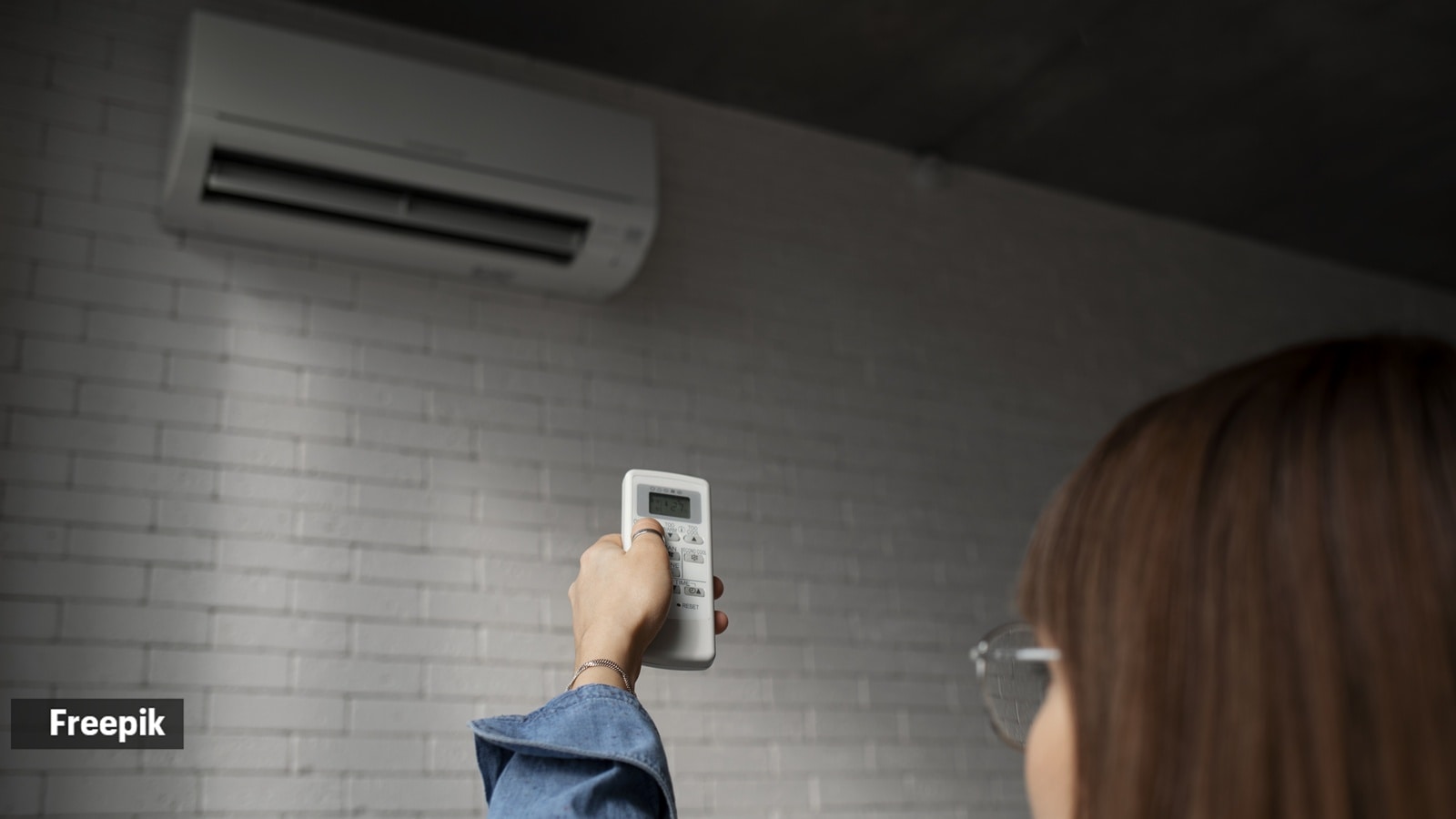Irish Experts Back Government's Proposed AC Temperature Caps: A Healthier & More Sustainable Approach?

The Irish government is considering a bold move to cap air conditioning (AC) temperatures between 20°C and 28°C (68°F and 82°F) in public spaces and potentially private homes. This initiative, aimed at reducing energy consumption and lowering carbon emissions, has garnered support from leading Irish health experts, who believe it could offer significant benefits to both public health and the environment.
The Rationale Behind the Proposal
Ireland, like many countries, is grappling with the impacts of climate change and the need to reduce its reliance on fossil fuels. Air conditioning, while providing comfort, is a significant energy drain. The proposed temperature caps are designed to encourage more responsible AC usage, ultimately lessening the strain on the national grid and contributing to Ireland's climate goals. The move aligns with broader European efforts to promote energy efficiency and sustainability.
Health Benefits: Beyond Energy Savings
While the primary goal is energy conservation, health experts are highlighting potential positive health outcomes. Prolonged exposure to excessively cold air conditioning can weaken the immune system, exacerbate respiratory problems, and contribute to musculoskeletal issues. Maintaining AC temperatures within the proposed range could mitigate these risks, particularly for vulnerable populations like the elderly and those with pre-existing health conditions. Furthermore, it encourages a more comfortable and healthier indoor environment, reducing the likelihood of 'cold shock' when transitioning between air-conditioned spaces and the outdoors.
Public Reaction and Potential Challenges
The proposal has, understandably, sparked debate. Some are concerned about the potential impact on comfort levels, particularly during Ireland's hotter summer months. Businesses, such as hotels and restaurants, are also assessing the feasibility and potential costs of implementing the new regulations. However, proponents argue that minor adjustments to personal comfort are a small price to pay for a more sustainable future. Public awareness campaigns and incentives for energy-efficient AC units could help ease the transition.
Implementation and Enforcement
Details regarding the enforcement of the proposed regulations are still being finalised. It's likely that initial focus will be on public spaces such as government buildings, hotels, shopping centres, and public transport. The government is exploring various options, including self-regulation by businesses and potentially fines for non-compliance. A phased implementation approach, starting with the most energy-intensive sectors, is also being considered.
Looking Ahead: A Step Towards a Greener Ireland
The government's proposed AC temperature caps represent a significant step towards a more sustainable and healthier Ireland. While challenges remain, the support from health experts and the potential benefits for both the environment and public well-being make this initiative worthy of serious consideration. It's a conversation that will undoubtedly continue as Ireland navigates the complexities of climate change and strives to build a greener future. The success of this measure will likely depend on effective communication, public buy-in, and a collaborative approach involving government, businesses, and individuals.





